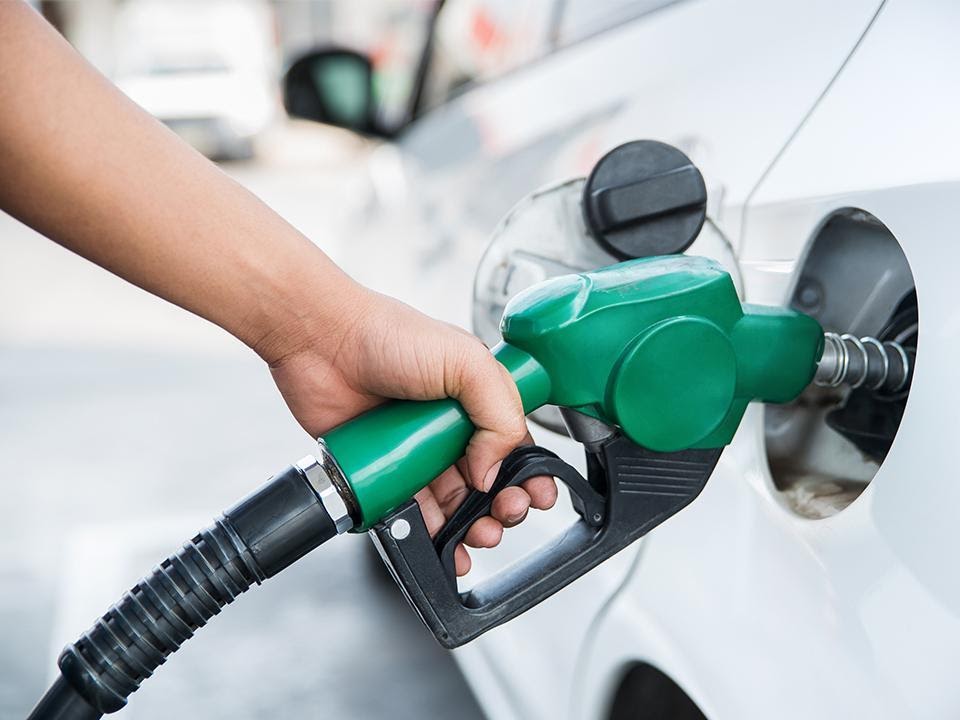The successive increases in oil prices have been explained as a sign of demand returning to pre-pandemic levels which could be a good sign for the economies of the Philippines and other countries. But for a population that is not yet rising on its feet from pandemic aggravation, increases in oil prices are like salt being rubbed on festering wounds.
Consumers face the added burden of higher transport fares and rising cost of essential goods and services after prices of gasoline and other petroleum products have gone up by more than P7 a liter in less than two months. Local oil companies raised diesel prices by P1.50 a liter and gasoline by P1.80 starting Tuesday. Prices of kerosene also increased by P1.30 a liter. Public transport in key Philippine areas is not even in full operation yet and the series of oil price increases were threatening to bury it again.
The Department of Transportation (DOTr) on Monday said it was looking at fuel subsidies and direct aid to both public utility drivers and passengers to avoid having to increase fares for public transport. In a statement, Transportation Secretary Arthur Tugade said the department believed it was “not the right time” to raise fares, with the country’s workforce still barely recovering from the impact of closures and restrictions to businesses and jobs. “We need to balance the needs of drivers and the ability of our commuters during this pandemic,” he said. “So instead of directly increasing fares, we are pushing for financial aid for drivers and commuters. Among others, he said, they were looking at possible uniform discounts on public utility vehicles (PUVs) across all gas stations nationwide.”
Meanwhile, the department also called on PUV drivers and operators to participate in its service contracting program, in which they would be paid by the government on a per-kilometer run basis. Until now, PUVs are allowed to carry only half of its maximum passenger capacity in keeping with social distancing protocol. With rising gasoline prices, this limitation is “cutting deeper into our earnings,” Martin said. He also asked the Land Transportation Franchising and Regulatory Board (LTFRB) to hear their pending petition for a fare increase “in the proper venue and in the proper way” instead of unilaterally announcing that they were not considering any adjustment.It also gives the DOE and Congress the power to suspend or cancel the permit to engage in any activity in the downstream oil industry of noncompliant oil companies, retail outlets or dealers. “This is all in the spirit of transparency since the country is still under a pandemic and every peso means so much more, especially to ordinary already economically burdened consumers,” Zarate said.





